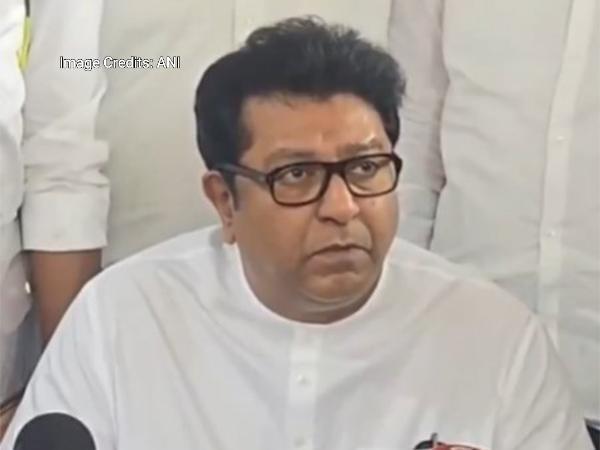
It isn’t National Language: Raj Thackeray on Govt Plan to Impose Hindi
The debate over the imposition of Hindi as a compulsory language in schools has been a contentious issue in India for a long time. The latest development in this regard is the warning issued by Maharashtra Navnirman Sena (MNS) chief Raj Thackeray to schools against supporting the Devendra Fadnavis-led government’s push to impose Hindi. In a letter to principals, Thackeray emphasized that there is no option of making Hindi compulsory because Hindi isn’t the national language.
Thackeray’s statement has sparked a heated debate, with many questioning the government’s decision to impose a language that is not universally accepted as the national language. The MNS chief’s warning to schools is a clear indication that the party is opposed to the government’s move and will not hesitate to take action if schools support the imposition of Hindi.
The controversy surrounding the imposition of Hindi as a compulsory language is not new. In 2019, the Union Government had introduced the Central Education Policy, which aimed to promote Hindi and other regional languages. The policy suggested that Hindi should be made compulsory in schools, but it was met with widespread opposition from many states, including Maharashtra.
The Maharashtra government had rejected the Central Education Policy, citing concerns over the imposition of Hindi on the state’s unique linguistic and cultural identity. The state government had also emphasized the importance of promoting Marathi, the official language of Maharashtra, and other regional languages.
Thackeray’s warning to schools comes at a time when there is growing concern over the erosion of regional languages and cultures in India. The increasing trend of imposing Hindi on schools and government institutions has led to a sense of unease among many who feel that their language and culture are being marginalized.
The MNS chief’s statement has also been seen as a response to the growing influence of the Bharatiya Janata Party (BJP) in Maharashtra. The BJP has been accused of trying to impose Hindi on the state, and Thackeray’s warning is seen as a way to counter the party’s efforts.
The government’s decision to impose Hindi as a compulsory language is also seen as a way to promote the language and culture of the northern states, particularly Uttar Pradesh and Bihar, which are considered to be the BJP’s strongholds. However, the move has been met with opposition from many states, including Maharashtra, which has its own unique linguistic and cultural identity.
Thackeray’s warning to schools is a clear indication that the MNS is opposed to the government’s move and will not hesitate to take action if schools support the imposition of Hindi. The party has a history of taking strong stance on issues related to language and culture, and it is likely to continue to do so in the future.
The controversy surrounding the imposition of Hindi as a compulsory language has also highlighted the need for a national language policy that takes into account the linguistic and cultural diversity of India. The country has a diverse linguistic landscape, with over 22 official languages, and any language policy must take this into account.
In conclusion, Raj Thackeray’s warning to schools against supporting the government’s push to impose Hindi is a clear indication that the MNS is opposed to the move. The controversy surrounding the imposition of Hindi as a compulsory language highlights the need for a national language policy that takes into account the linguistic and cultural diversity of India. The government must take into account the concerns of all states and ensure that any language policy is implemented in a way that respects the diversity of the country.






